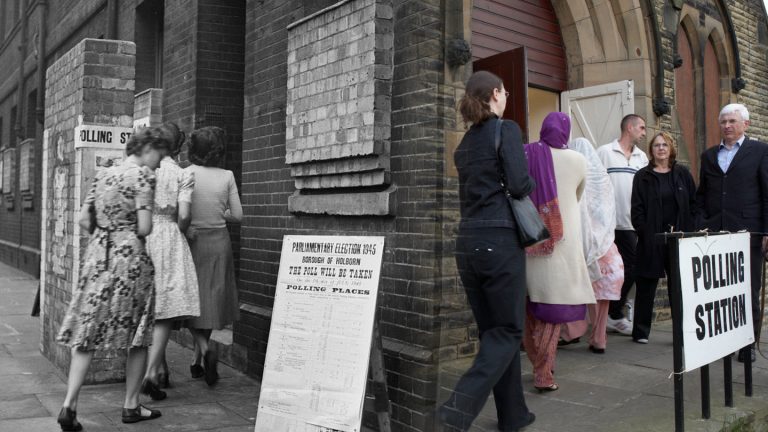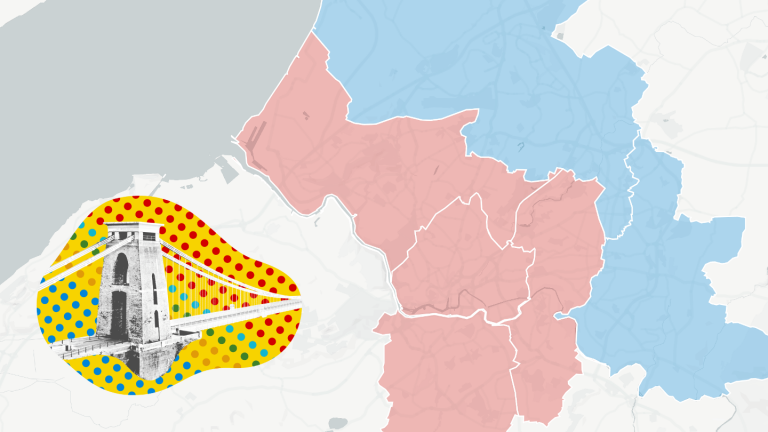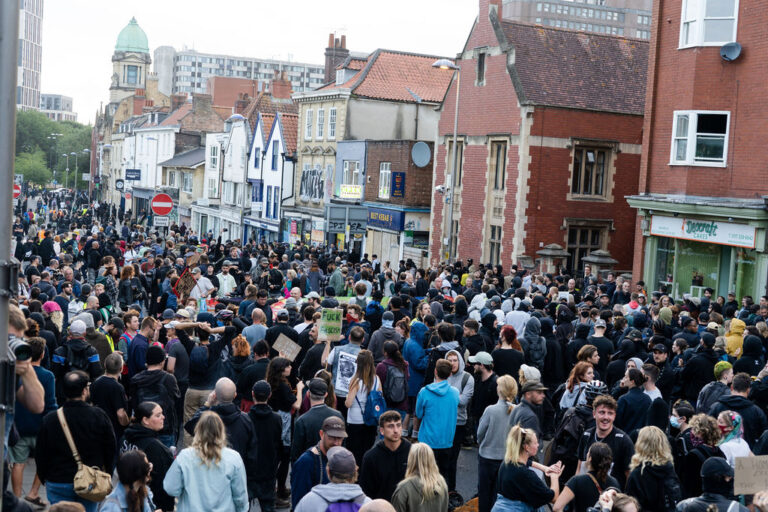Lib Dem use of data misleading in marginal seat of Bristol North West

The data used in campaign leaflets for the Liberal Democrat candidate for Bristol North West has been called into question, after the source of the data, Flavible Politics, said the projections should not be presented as local polling or be used in hard copy campaign literature.
This comes amid criticisms of the use of data by Lib Dem candidates elsewhere in the country and controversial tactical voting recommendations from anti-Brexit campaigners.
Chris Coleman is running for the Lib Dems in the marginal seat against Conservative candidate Mark Weston and current Labour MP Darren Jones. In 2017, Labour gained the seat with 27,400 votes, roughly 5,000 ahead of the Conservatives.

Coleman’s campaign leaflet said ‘Recent polls have put the Lib Dems in second place in Bristol North West’, but in fact the data is a projection based on a single poll from September.
George Rushton from Flavible released a statement on Wednesday criticising the mislabelling and misuse of their data by certain candidates: “I do not think a single projection of a single seat based on a single poll is acceptable as campaign literature and thus I would completely advice (sic) against its use in this way.
“This is mainly as polls change, underlying demographic data changes and therefore so will our projections. I would urge no more use of our projections in hard copy or not easily amendable campaign literature.” Flavible is not member of the British Polling Council.
The Lib Dems are hoping to attract the 61% of Remain voters in Bristol North West and unseat the pro-Remain Labour MP Darren Jones. The seat is traditionally a Tory-Labour marginal, with the Lib Dems securing less than 5% of the vote in the 2017.
As recommended, the Lib Dem leaflet does say in small print that the data is a projection and cite the source and date of the poll. However, the chart appears to be labelled as local polling. Flavible’s website states that projections for election results based on national level polling data should not be conflated with local polling.
Lib Dem candidates across the country have received criticism for their use of Flavible projections in their leaflets, including in Islington North where the local Lib Dems wrongly claimed: “The latest YouGov poll forecasts Jeremy Corbyn will lose his seat to the Lib Dems after 36 years!”
Commenting on the national story, a spokesperson for respected fact checking service Full Fact told the Guardian: “It’s notoriously hard to reliably convert national polling results to local area. Flavible have, to their credit, explained their methodology. But political parties shouldn’t mislead voters by suggesting these results are reliable at the constituency level.”
“And for politicians to say that these results are from “polling” – something we’ve had to fact check more than once already – is simply misleading.”
The Lib Dem candidate Chris Coleman was approached for comment but did not respond.
Tactical voting
On Thursday a pro-Remain electoral pact was announced between the Lib Dems, Greens and Plaid Cymru in 60 seats across the UK, including in Remain stronghold Bristol West. Lib Dem candidate James Cox is standing down to help Green candidate and Bristol City councillor Carla Denyer defeat Labour MP Thangam Debonnaire, who has a large majority of 37,336 from the 2017 general election.
There has been much talk of tactical voting on the issue of Brexit, as pro-Remain campaign group Better For Britain launched a tactical voting website recommending the best candidate for Remain in each constituency.
The recommendations proved controversial nationally because of the number of Lib Dem candidates recommended in seats generally considered to be tight contests between the Tories and Labour, including in Bristol North West. The Get Voting site initially recommended voting Lib Dem in Bristol North West despite the party only getting 5% of the vote in 2017.
However, this recommendation has now been changed to Labour MP Darren Jones, following what Best for Britain called a “human input error”. Despite this change, as of Friday 8 November, the out of date advice is still pinned at the top of Lib Dem candidate Chris Coleman’s Twitter feed.
A spokesperson for Best for Britain confirmed to the Cable they did change the recommendation for Bristol North West from Lib Dem to Labour after reviewing the data. They did not inform the Lib Dems of the change in recommendation.














Report a comment. Comments are moderated according to our Comment Policy.
See also graphs based in the question: ‘If it was a two-horse race between LibDems and Tory’s (sic) who would you vote for?’. What the heck sort of question is that??
It is misleading and lacks integrity. I received one in an email from People’s Vote today.